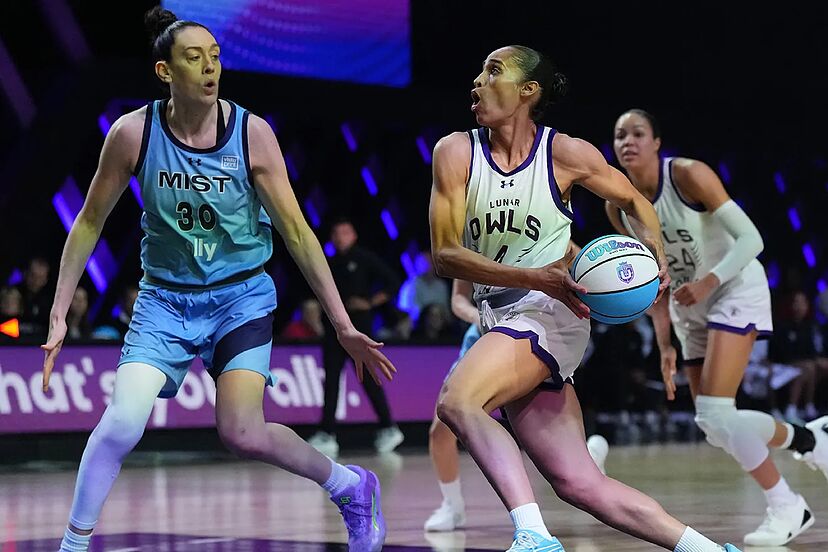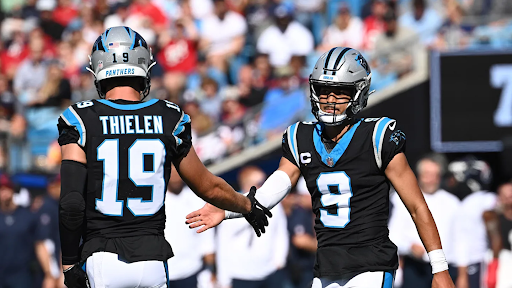There has been a recent phenomenon at Guilford College of student-athletes walking away from their varsity sport teams.
Since Guilford was founded in 1837, sports have been a part of the community. However, participating in athletics can mean abandoning activities you enjoy.
“The time commitment and knowing that I wouldn’t be able to commit as much as my teammates were the main reasons I quit tennis,” said senior Adelaide Ayres. “It prevented me from taking classes that I had wanted to take in the past.
College sports are an enormous time commitment with multiple practices a day, games during the week, and tournaments out of state.
“When I came to Guilford, I was really looking for the Guilford cross country team to fill the same role it did in high school,” said runner Meg Holden ‘12. “Running in college was all about the competition because the women’s team had seven people on a good day, which is the minimum number needed to score in a race.”
Quitting a team varies in reasons, but overall, valuable players are missed due to the unfortunate decision.
“The loss of these athletes has affected the team as we had to adjust relays, and some were possible point scorers for us at the conference championships,” said Danny Cash, head coach of the cross country and track team. “It also hurts the continuity and structure of the team.”
Once a player is lost, squads must pick up the pieces and move forward.
“My objective is to help them through their decision and not to convince them one way or another,” said Chris Rusiewicz, head football coach. “Some students quit because they may have come to a realization … as they lose that passion and can’t keep up with the talent level and time commitment.”
Cash also had a similar perspective on why students quit their sport.
“It is very hard to be an athlete here at Guilford,” said Cash. “Not only do you have a very demanding academic standard, but you are expected to be involved in the community and also practice, travel and compete in the name of the college. Some of those who get here are able to manage this and some cannot and have to make hard decisions about what to give up.”
One athlete opened up about an experience while on the team.
“My coach exhibited much favoritism and played injured players when he had a whole bench full of people ready to play,” said an anonymous athlete. “My coach ruined my confidence and made me hate a sport I loved.”
However, there’s also a flipside to vacating a sport. There is more time for that person to grow in other ways throughout the community of their college.
“I don’t think that we should always view leaving a team as a negative for the student-athlete who leaves or for the team that they are leaving,” said Nick Black, head baseball coach. “As a coach, I would never want a player who does not enjoy playing their sport anymore or feels the need to move on due to a shift in priorities to continue with a team just because they feel like they have to.”
At Guilford, we value students who can think and act for themselves and the well-being of others. If this means quitting a sport to better the lives of themselves and others, who are we to say they cannot do just that?






